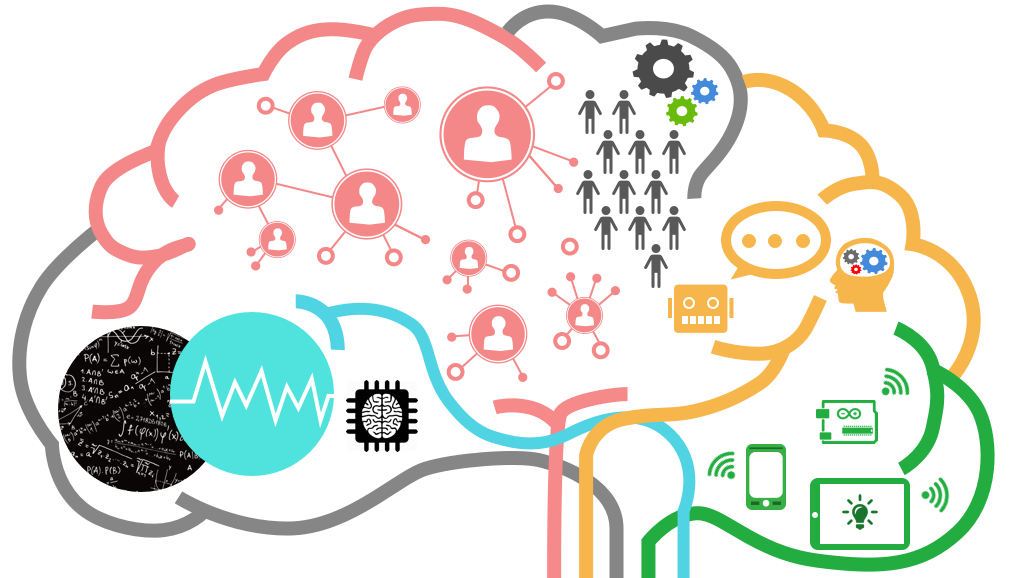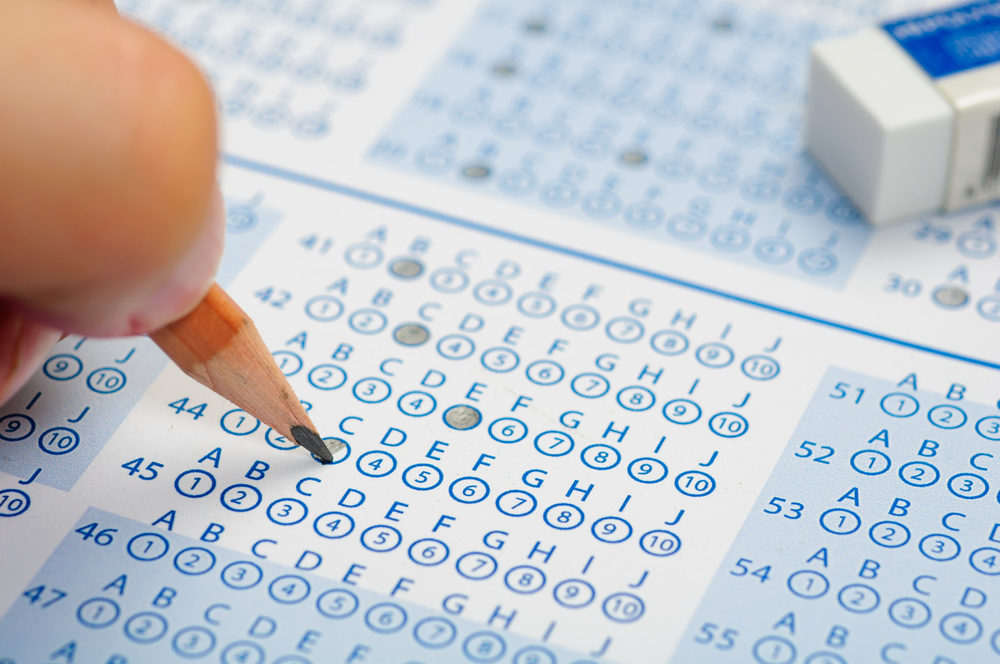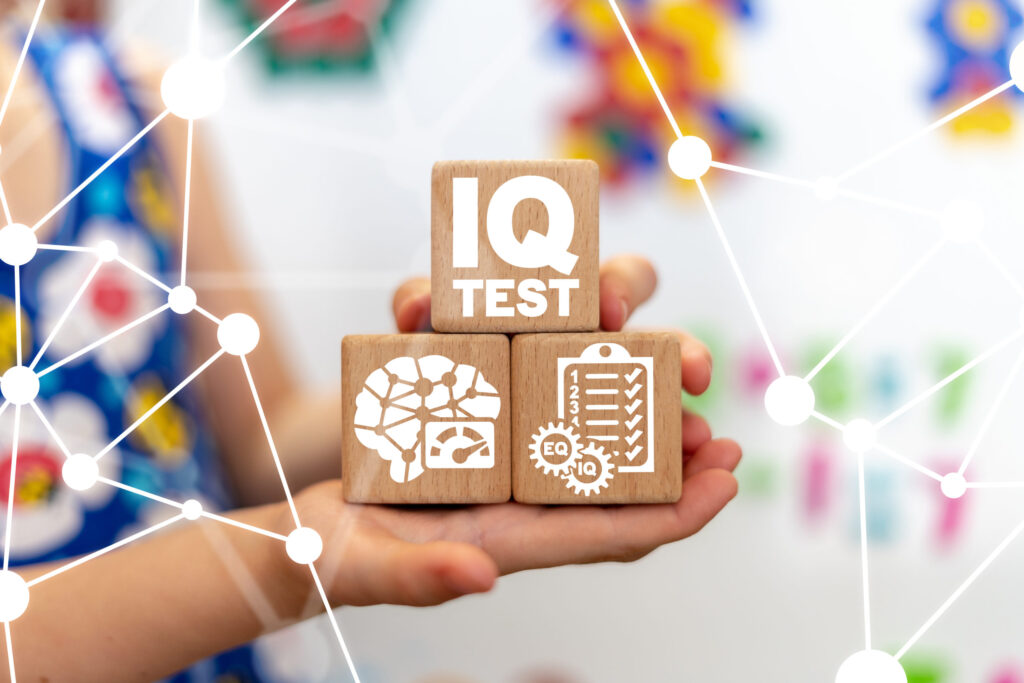What does an IQ test actually measure?

One of the things most people are familiar with come in the form of IQ tests. Right off the bat, the very acronym of “IQ” is a mystery to many, let alone what these tests actually are and what they measure. IQ stands for Intelligence Quotient and it is said to be a number that can help us determine someone’s brain capacity, intelligence, smartness, etc.
Basically, the test is supposed to tell the bigger story of how able somebody is when it comes to their intellect. However, the tests have had a lot of attention as of late with many claiming that they are not really precise nor do they measure what they are said to be measuring. The fact is that the intelligence of a human being is an intricate, complex set of multiple things that come together and shape their mind, give them their talents, and make them who they are. A standardized test cannot possibly measure everyone’s intellect, right? Are IQ tests actually useful and do they really accurately measure one’s intellectual capabilities? In this article we answer this very question as we explore what these tests measure and if it is accurate or not. Read on to learn more and be sure to check out iq-online-test.com for more.
Cognitive Abilities

Brain capacity, function, and ability of any given person is not that easy to estimate, especially not through a series of tests that ask them to solve certain problems. One’s cognitive abilities are tested through a range of tests that give a score which serves as a measure of the intellectual abilities and, most importantly, potential. It is this potential that people stress over the most since it can gatekeep them from entering certain institutions of higher education or prevent them from working certain jobs. However, IQ tests are among the most common psychological tests and they have been for decades. Whole countries and peoples are tested to give a rough estimate of their brains’ abilities to get a better idea of what they could be capable of and good at.
Different Types of Tests

While the tests are standardized, there are actually many types of IQ tests that make them different enough from each other to be used in different situations. Their content varies, the age of the candidates is different, and some are designed to be administered to certain groups. Cognitive Assessment System, Kaufman Assessment Battery for Children, Stanford-Binet Intelligence Scale, and Wechsler Adult Intelligence Scale are just some of them. Is there one that is more accurate than the rest though and which one could it be? Well, to answer this is not really possible. As it turns out, each test measures a different type of intelligence. It can also be said that IQ tests in general only test some notions of intelligence and are therefore not accurate.
What is Being Tested

Things that are tested in a typical IQ test usually revolve around a select few abilities that are usually connected to higher intellect. However, we now know much more about the brain, enough to realize there are multiple types of intelligence and that some of them take longer to show themselves, or rather for the people/children to be obviously smart, gifted, or considered above average. For example, most tests contain questions and problems that deal with memory, mathematical ability, processing speed, reasoning ability, and visual or spatial processing. Some even deal with language skills and how well one perceives language. Despite only some tests containing all of these or even most of these, all of them have the same classification and numbering. You do not really know what is being tested when you get a question in front of you. It is either easy or challenging to you. A standard test given to everyone cannot begin to tell the full story because intelligence does not base itself on a single type of problems as the test would suggest.
Impact and Score Range

As mentioned, one’s result in an IQ test can have an important impact on their life, mostly education and work. Back in the day, IQ tests were much more relied on as they were the big thing and the higher the number, the higher regard the candidate was held in. Lower scores were linked to intellectual disability despite the fact that one can score differently in the same test on different days, in different moods, and even at different stages of life. The rough breakdown of scores tells us that everything over 130 is considered very superior, often genius level intellect. Scores below 70 indicate intellectual disability of some sorts.
However, not all geniuses had high IQ scores, nor is everyone who scored above average successful, famous, or considered smart. Similar to this, many who score average or below average have no problem at school, at work, or in life in general. Average IQ scores are between 90 and 110, with a high average being from 111 to around 120+. This is where most people end up and they are satisfied. Da Vinci and Tesla are said to be 181 and 189 respectively. Immanuel Kant had 175, and Charles Dickens was a 10, absolute geniuses that changed their fields and the world. BUt did you know that Ashton Kutcher (154) has a higher score than Mark Zuckerberg (152)? Tony Hawk (144) and Matt Damon (143) have higher scores than Obama (137) and Putin (127).
The score does not measure one’s chances at a career, a successful life, or how smart they are. They only isolate a select few tasks and types of problems that challenge certain parts of your intellect in a random environment with a random set of factors. One may have a restless night, no breakfast, or be full of stress and anxiety before the test and score worse than a rested and stress-free peer. The higher score of the latter does not mean they are more intellectually capable than the former. While the score is a good indication, the best we have, it is hardly the end of the line.




